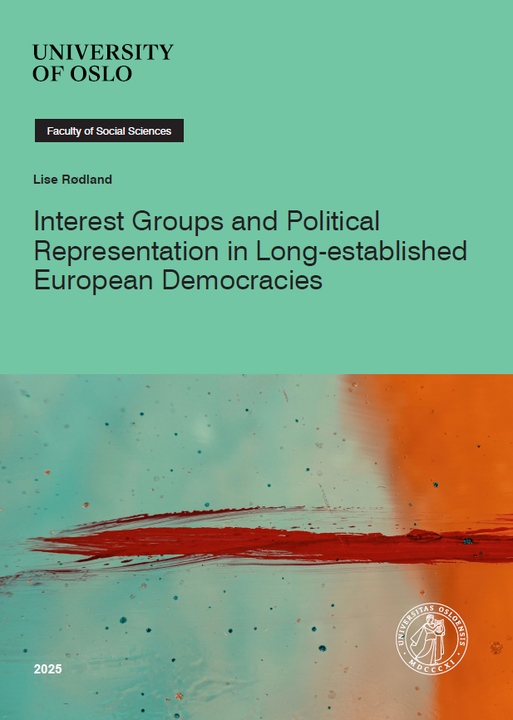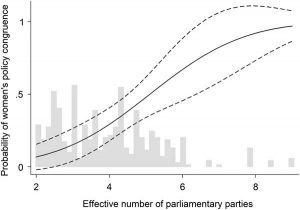Daniel Cruz passes his PhD viva
The ADVODID team are pleased to announce that last November, Daniel Cruz successfully passed his PhD defence at the University of Copenhagen. His dissertation examines how political elites make decisions under conditions of uncertainty, limited information, and institutional constraints, shedding new light on the cognitive and emotional foundations of elite behavior in contemporary democracies. Drawing on experimental and comparative evidence from Latin America, Europe, and the United States, the dissertation shows that politicians rely on heuristics, emotional reactions, and informational shortcuts when evaluating policies and political outcomes. His work demonstrates how electoral outcomes, policy diffusion, anecdotal information, and credibility cues shape elite attitudes and judgments, with important implications for democratic representation and accountability.


